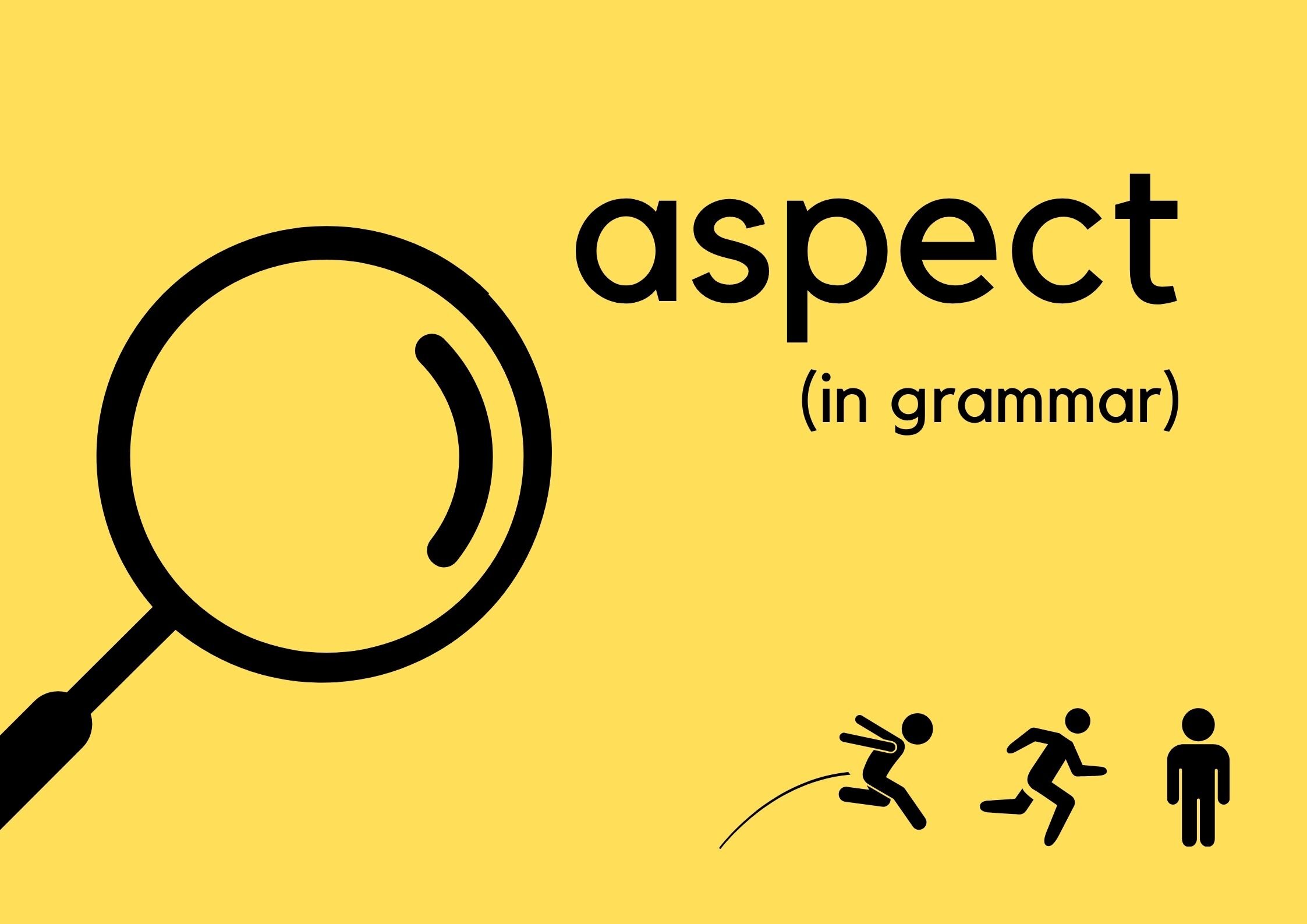Learn like a Linguist
用語言學思維學習外語
What is Linguistics? 語言學是甚麼?
Linguistics is the scientific study of language. Linguists are scholars and researchers who use scientific methods to study the nature and function of language.
Featured article
Common misconceptions about language
各種對語言的常見誤解
What are some misconceptions about language that we should try to clarify with the help of Linguistics if we want to approach foreign language learning in a scientific and systematic way?
“Turning on the lights” with a basic understanding of Linguistics
讓基本語言學概念成為你的照明工具
How does a basic understanding of the science of language or Linguistics help you learn a foreign language?
The short answer is that such an understanding allows analytical students like you to learn and improve in a more conscious, targeted, and systematic way.
What is “grammar”? (Ongoing series)
「grammar」到底是甚麼? (更新中的系列)
Everyone is familiar with the term “grammar,” but in its everyday usage, its definition and scope are often loose and inconsistent—and not very helpful to us if we want to learn a foreign language with as much clarity and precision as possible.
If we want to use a basic understanding of the science of language to inform our foreign language learning, we must start by clarifying what “grammar” really is.
Part 1: What is “grammar,” really?
第一篇:到底「grammar」是甚麼 ?
Part 3: “Real exceptions” do not exist
第三篇:文法並沒有「真正的例外」
Part 5: Reframing “exceptions” in grammar
第五篇:重新理解文法中的「例外」
native Language Learning vs. foreign language learning (ongoing Series)
母語學習 vs. 外語學習 (更新中的系列)
“Native language learning” and “foreign language learning” are often conflated. It is often believed that our “native language(s)” and our “foreign language(s)” are just different languages learnt with the same cognitive processes in the brain.
This is a misconception because the cognitive processes involved in learning a native language and those involved in learning a foreign language are completely different.
Part 1: native languages and foreign languages are learnt differently
第一篇:母語和外語的學習過程並不相同
“Synthetic” vs. “Analytic” Languages
「綜合語」vs.「分析語」
A “synthetic” language is any language that uses the strategy of changing its word forms (e.g. by adding word endings) to convey grammatical information, such as the tense, aspect, and voice of a verb, or the role of a noun in a sentence.
On the other hand, an “analytic” language is any language that conveys grammatical information not by changing its word forms, but rather mainly by other means such as additional particles and markers or a stricter word order.
What is tense?
「時態」(tense)是甚麼?
In linguistics, “tense” refers to the “time” at which the action of a verb takes place (in real life meaning). Because different languages in the world have different grammars, tense is shown in different ways too.
What is “aspect”?
「體貌」(aspect)是甚麼?
In Linguistics, “aspect” is the term we use to describe the “state” or “condition” of the action represented by a verb in a specific phrase, clause, or sentence. Some examples of the “states” of verbs’ actions include the “progressive” or “continuous” state (ongoing actions) and the “perfect” state (completed actions).
What is “voice”?
「voice」(動詞的語態)是甚麼?
In Linguistics, “voice” is the term used to describe the relationship between a verb and its subject (even when it is unstated).
Like tense and aspect, “voice” is also a concept that is universal to verbs in all languages, because a subject must relate to its verb (the action) in some way.
genetic relationships between languages (ongoing series)
語言之間的「遺傳關係」
Linguistics tells us that languages naturally evolve and change through time. Because of this, languages have “histories.”
The languages that exist today (“modern languages”) all evolved throughout their respective histories to arrive at their current forms, and they continue to evolve and change constantly.
Once we understand that all modern languages have histories, we can go on to explore the concept of “historical family relationships”—or “genetic relationships”—between languages.










